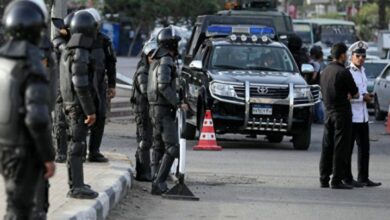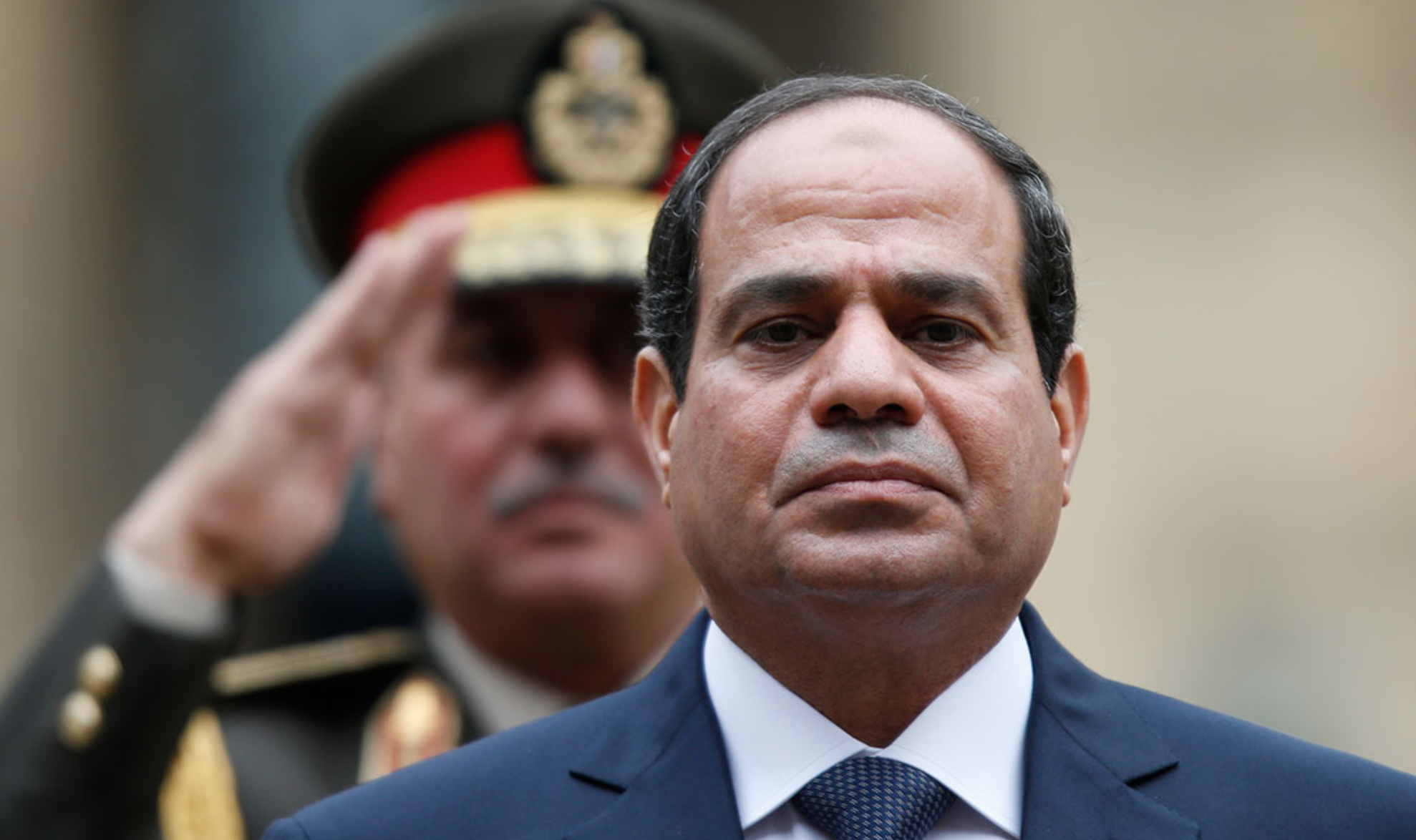Al-Ahram leads with a report on yesterday’s meeting between President Mubarak and the cabinet. The meeting, which was held at the presidential headquarters, revolved around “developmental centers and new cities.” Al-Ahram’s headlines assert that these will play a pivotal role in “solving the problems of Greater Cairo,” particularly traffic congestion. Centers devoted to development and trade will be constructed in Upper Egypt and other rural areas, in hopes that such centers would help significantly decrease migration to the capital. Attendees of the meeting also discussed the possibility of moving several different government offices and buildings from Cairo to more remote locations, the paper reports, adding that the idea was inspired by Smart Village, an information and communication technology business-park located on the city’s outskirts.
Minister of Education Ahmed Zaki Badr has decided to take legal action against 16 teachers and administrators working in the Alexandria school system after discovering that they created an “imaginary administration” as an excuse to charge students and parents for extra “fees”, Al-Ahram reports. The fake administration promised to provide applicants with tests to measure students’ progress, and to monitor unrelated examination sessions. According to the paper, teachers involved in the scam had raked in secret earnings totaling approximately LE45,000 during the 2009/2010 academic year. More impressively, they also managed to embezzle an additional LE50,000 from their schools, an act which they then attempted to cover up by “using their expertise” to spread out the missing cash between a series of “accounts and expenses that have no basis in reality,” the state-owned paper claims. The offending teachers have since been taken into custody, with Al-Ahram reporting “they will not be available to assist students during upcoming examinations.”
Al-Dostour highlights several stories, the first of which revolves around a statement made by the Head of the Ministry of Investment’s Workers’ Relations Sector, Walid el-Rashidy, in which he cryptically explained that “the criteria for meeting workers’ demands lies in their respective companies’ ability to continue in their business operations as they did before the workers expressed their demands.” El-Rashidy’s statement comes as a response to workers from a number of different companies who have been on strike over the past few months, many of whom have spent that time living on the sidewalk outside of the People’s Assembly or Shura Council.
Al-Dostour also reports on pamphlets delivered by the Egyptian government to the US and British embassies, containing an English translation of the newly updated Emergency Law. The pamphlets were also distributed to several foreign press offices and their correspondents, in addition to a number of other, unspecified embassies. The pamphlets were reportedly delivered along with a letter from Prime Minister Ahmed Nazif praising the history of the Emergency Law and the accomplishments that it has facilitated, as well as a seven-page report on Hizbullah and the danger it poses to Egypt and the Arab world.
At a press conference to highlight the economic and social situation during the third quarter of the 2009/10 fiscal year, Minister of Economic Development Othman Mohamed Othman disclosed that Egypt “is not entirely immune to the ongoing Greek financial crisis.” Othman further explained that the ultimate effect of the Greek financial meltdown would depend on whether or not it spreads to other countries, like Portugal and Spain, and the extent of its impact on them. However, Othman was quick to add that the Egyptian government has no immediate plans to increase prices of commodities such as gasoline.
Meanwhile, Al-Shorouq claims to have uncovered a series of incriminating documents, proving that 249 plots of land previously allocated by the government for graduate students, have instead been claimed by a number of members of parliament. The documents, which date back to 2007, reportedly contain the names of 22 MPs, as well as details of their political affiliations. The 249 plots of land had been intended to be given away through a national lottery open to recent college graduates.
Al-Wafd’s lead story sums up local and international reactions to the extension of the Emergency Law, announced yesterday. Through its “sample analysis,” the independent paper was able to determine that most Egyptians are against the two-year extension, with many expressing their belief that “Emergency Law stifles basic human freedoms, regardless of the government’s claims and justifications,” and that “emergency law does not represent a natural state of governing, and should be reserved for real emergencies or extreme situations.” Al-Wafd also mentions the Washington Post’s opinion on the matter in a quote reprinted from the foreign paper in which it claims the law’s extension is a “direct result” of US President Barack Obama’s “lenient policies” towards the Egyptian government–policies which the Post claims are at odds with those of his predecessor, George W. Bush.
Egypt’s newspapers:
Al-Ahram: Daily, state-run, largest distribution in Egypt
Al-Akhbar: Daily, state-run, second to Al-Ahram in institutional size
Al-Gomhorriya: Daily, state-run
Rose el-Youssef: Daily, state-run, close to the National Democratic Party’s Policies Secretariat
Al-Dostour: Daily, privately owned
Al-Shorouq:Daily, privately owned
Al-Wafd: Daily, published by the liberal Wafd Party
Al-Arabi: Weekly, published by the Arab Nasserist party
Youm7: Weekly, privately owned
Sawt el-Umma: Weekly, privately owned




